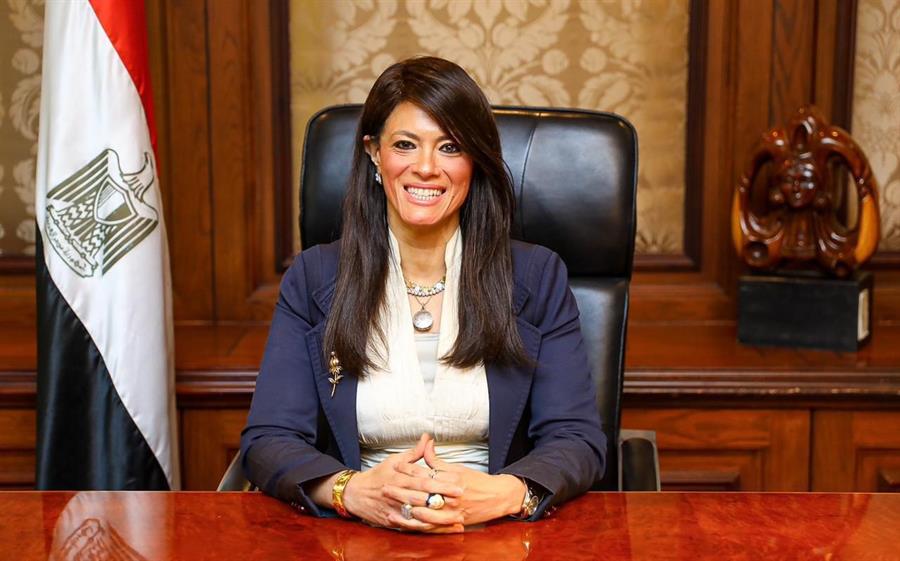H.E. Dr. Rania Al-Mashat: The House of Representatives Approves the First Phase Agreement of the Budget Support Program with the African Development Bank Worth $131 Million

30 December 2024
H.E. Al-Mashat: The agreement with the African Development Bank complements efforts with development partners to implement the national structural reform program.
Structural reforms are an ongoing process to maintain macroeconomic stability, improve the business environment, encourage the private sector, and drive the green transition.
Today, the House of Representatives approved, in its general
session, the decision of the President of the Arab Republic of Egypt No. 383 of
2024, regarding the approval of the agreement with the African Development Bank
to contribute to financing the first phase of the Private Sector Development
and Economic Diversification Program, as part of the general state budget
support, with a value of $131 million.
H.E. Dr. Rania Al-Mashat, Minister of Planning, Economic
Development, and International Cooperation, emphasized that the agreement with
the African Development Bank builds upon efforts with international partners to
implement the national structural reform program, support the budget, and
promote private sector development. This comes after the recent approval by the
parliament of the first phase of the macroeconomic support mechanism with the
European Union, valued at one billion euros.
H.E. Al-Mashat clarified that the Private Sector Development
and Economic Diversification Program with the African Development Bank aims to
achieve two main components: encouraging private sector investments by
supporting measures to improve the investment climate, enhance the competition framework,
and ensure fair trade; and secondly, supporting economic diversification and
the green transition by strengthening key productive sectors, specifically the
industrial and agricultural sectors, and supporting the shift towards a green
economy.
She noted that these efforts complement the government's
ongoing actions to improve the investment climate and continue with economic
and structural reforms. Under the first component of the program, the
government has implemented several measures, including the establishment of the
Supreme Investment Council, amendments to Investment Law No. 72 of 2017 to
introduce new incentives and more flexible criteria for investment projects,
the cancellation of tax and fee exemptions for state-owned institutions engaged
in investment activities, and the creation of the Egyptian Intellectual
Property Office.
Regarding the second component related to supporting
economic diversification and the green transition, several reforms have been
implemented, including the issuance of a law to regulate unlicensed industrial
facilities and increasing the land allocated for renewable energy investments,
with 26,000 square kilometers of state-owned land designated for such purposes.
H.E. Al-Mashat emphasized that enhancing macroeconomic
stability and implementing structural reforms are key pillars within the
Ministry of Planning, Economic Development, and International Cooperation's
framework. She noted that Egypt is striving to achieve sustainable and
inclusive development through the concerted efforts of its various
institutions, in line with integrated strategic plans, and is committed to
continuing structural reforms to improve the business environment and drive the
green transition.
She added that, in line with this direction, the Ministry of
Planning, Economic Development, and International Cooperation is responsible
for overseeing the implementation of the National Sustainable Development
Strategy: Egypt Vision 2030 and the National Economic and Structural Reform
Program.
This is done in coordination with all relevant ministries
and agencies and in collaboration with international development partners to
secure budget support funding that aids the implementation of structural
reforms, enhances economic competitiveness, improves the business environment,
strengthens macroeconomic resilience to external shocks, supports the green
transition, and opens up future opportunities for inclusive and sustainable
development. These efforts aim to maximize the benefits of financial and technical
development partnerships, with a unified approach to economic and structural
reforms.









